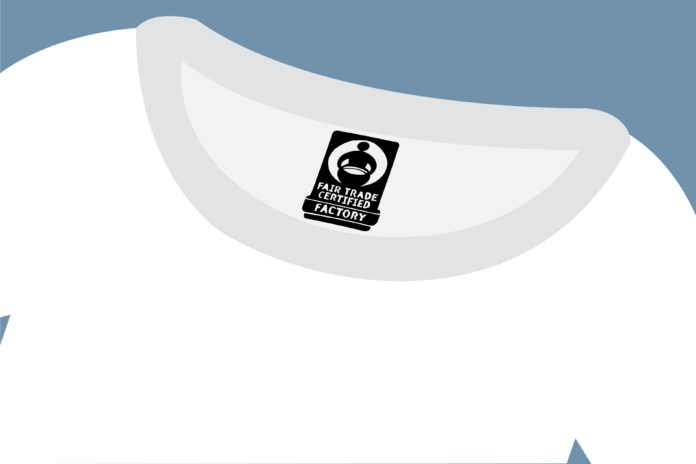The label doesn’t always mean ethical
I am a lifelong vegetarian and have never known the taste of meat, so when products like Beyond Meat and Impossible Foods made their way to the market, I was eager to see what fake meat had to offer. Of course, I was just one of many. Impossible Foods and Beyond Meat have been lauded as a unique solution to the ever-growing problem of climate change — proving that the combination of human ingenuity and conscious consumerism will save our planet from the brink of destruction.
The idea of sustainability and ethical consumerism has become more prevalent in American culture. Nielsen, a marketing research firm, found that chocolate with environmental claims or fair trade labels on the packaging sold more than regular chocolate. This trend can be observed in overall consumer culture. Millennials, for example, are willing to pay more for products that promise sustainability and a positive social and environmental impact.
But being a conscious consumer requires more effort out of our shopping sprees than simply looking out for fair trade labels. Sustainability is just one of many factors that need to be considered when engaging in ethical consumerism. How brands ensure the livelihood of workers, artisans and laborers is equally important. But oftentimes, the brands that tout sustainability fall short of this.
Anou is a website for Morrocan artisans and cooperatives to sell their products around the world and connect to a wider market. Despite the global demand for products like Morrocan carpets, many of the artisans and weavers live in poverty. This is because most of the market is centered in large tourist cities such as Marrakech and Fes, or because of intermediaries in the supply chain. Many weavers and artisans have formed cooperatives in an attempt to overcome these barriers and have greater access to looms, high quality yarn and other products. Anou is simply a community for these creators to sell their craft to a global market while keeping the artisans at the center of their platform.
But a few years ago, a fair trade business owner visited one of Anou’s cooperatives looking to buy “fair trade” rugs. The business owner had an issue with the prices on Anou’s website, claiming they were too high and was surprised to find that the prices on Anou were the same as the prices at the workshop. Anou places artisans first and allows them to set the prices for their own products, which is why the fair trade owner found little difference in price. Initially refusing to buy the products, the business owner eventually pressured the artisan to give them a 10% discount, only to sell the $45 rugs for $366 on their website — an 813% markup — and falsely promised that all purchases would go directly to the artisan and her family to lure buyers looking for “fair trade” rugs.
The “fair trade” label is significant to many consumers, signaling that their purchase is ethical. But it can be difficult to understand that “fair trade” doesn’t always mean what we think it does. The people buying these rugs at a price mark-up may have thought they were engaging in ethical consumerism. But the prices set by the owner under the guise of “fair trade” cheated the artisans who made the rugs.
Fair trade products are supposed to be made with “rigorous social, environmental, and economic standards.” This means that the entire supply chain is sustainable and that producers are treated and compensated fairly for their products. In this particular case with the business owner and Anou, there was a lack of transparency over prices and a manipulation of the fair trade label.
It’s not easy to be a conscious consumer. For most people, it’s infeasible to sit down and review the dark underbelly of every single company or wholesaler from which your products come. It’s hard to track the entire life cycle of a single product. In Morocco, many in Anou’s artisan community had allergic reations to the low-quality craft material used to make their products, putting their lives at risk to make their wares.
The story of Anou’s artisans is just one example of both the complexities of the fair trade label and the impact of consumerism. Many of these artisans are women using their craft to support themselves and their families. Fair trade, then, necessarily requires that these women are empowered to be at the center of decisions surrounding their products.
Written by: Simran Kalkat — skkalkat@ucdavis.edu
Disclaimer: The views and opinions expressed by individual columnists belong to the columnists alone and do not necessarily indicate the views and opinions held by The California Aggie




